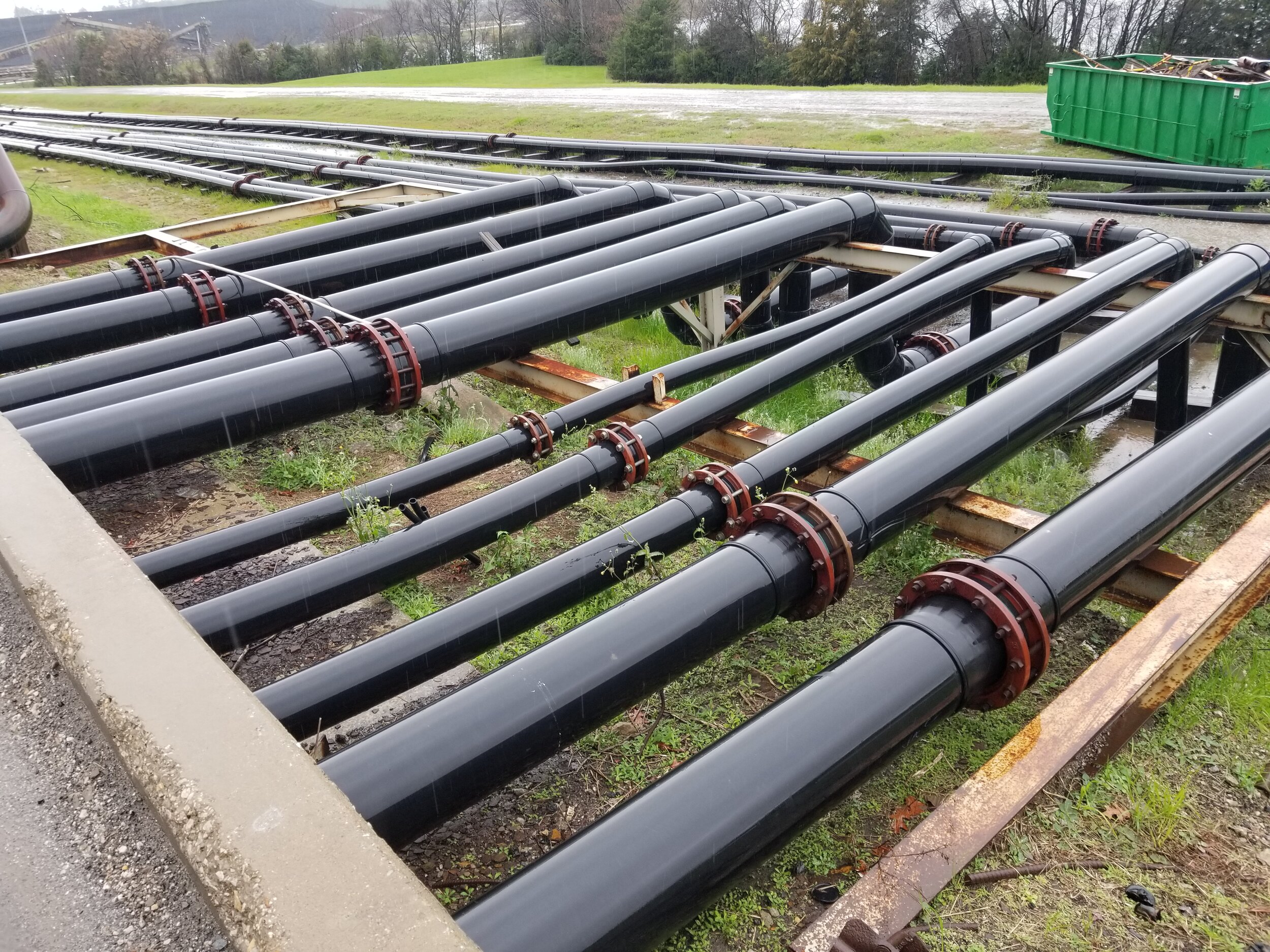Proven Reasons to Choose hdpe pipe suppliers Midland TX for Your Next Project
Comprehending the Key Advantages of HDPE Pipe for Water and Wastewater Monitoring
Using HDPE pipeline in water and wastewater administration provides various advantages that warrant factor to consider. Its phenomenal longevity and lengthy life expectancy make it a preferred choice for several jobs. Furthermore, the material's resistance to corrosion and chemical damage boosts its integrity in different atmospheres. The benefits extend past simply durability and resistance. hdpe pipe suppliers Midland TX. Discovering its cost-effectiveness and ecological effect reveals a lot more engaging reasons for its extensive adoption in modern-day facilities
Phenomenal Sturdiness and Longevity

HDPE pipeline stands apart for its remarkable durability and long life, making it a preferred option in water administration systems. Created from high-density polyethylene, these pipes can endure significant pressure and stress, making sure dependable efficiency over time. Their durable nature allows them to withstand extreme ecological problems, including temperature level fluctuations and soil activities, which can trigger various other products to fail.
The life expectancy of HDPE pipelines frequently goes beyond 50 years, providing an economical solution for towns and industries alike. Additionally, the material's lightweight buildings streamline installment, lowering labor prices and durations. This toughness lessens the need for regular repairs or replacements, additionally boosting its economic charm.
In water management applications, the dependability of HDPE pipes indicates less disturbances and enhanced service continuity, making them essential to sustainable framework advancement. The combination of sturdiness and longevity strengthens HDPE's function as a foundation in effective water monitoring services.

Resistance to Rust and Chemical Damages
While numerous materials succumb to corrosion and chemical damages with time, HDPE pipelines show impressive resistance, making them excellent for numerous water monitoring applications. This strength comes from the molecular structure of high-density polyethylene, which is inherently non-reactive and does not corrode like steels or weaken from direct exposure to extreme chemicals. As a result, HDPE is extremely efficient in settings with hostile materials, such as wastewater systems that may consist of acids, bases, and natural solvents.
In addition, HDPE pipelines can hold up against ecological variables such as soil acidity and saline conditions, even more enhancing their viability for diverse applications (Pipe Manufacturing Midland TX). Their ability to maintain architectural honesty with time lowers the danger of leaks and failures, which is essential in ensuring the safety and security and integrity of water circulation and wastewater monitoring systems. The resistance to deterioration and chemical damages significantly adds to the overall efficiency and long life of HDPE piping services.
Cost-Effectiveness and Financial Benefits
When considering the monetary implications of water administration systems, the cost-effectiveness of HDPE pipelines becomes evident. These pipelines offer reduced setup and maintenance expenses compared to traditional products like metal or concrete. Their light-weight nature simplifies transport and installment, resulting in minimized labor expenses. In addition, HDPE pipes show a lengthy life expectancy, frequently surpassing 50 years, which translates to fewer replacements and long-term savings.
Additionally, the resistance of HDPE to rust and chemical damage lessens the requirement for expensive repair services read more and substitutes. The pipelines additionally support efficient water flow, reducing power prices related to pumping systems. By alleviating leaks and water loss, HDPE pipelines add to substantial economic advantages for towns and markets alike. In general, the initial investment in HDPE piping can generate significant monetary returns over the lifespan of the water monitoring system, making it a sensible option for sustainable framework growth.
Ecological Sustainability and Reduced Influence

Versatility and Flexibility in Installation
Due to their unique residential properties, HDPE pipes offer remarkable flexibility and flexibility in installment, making them ideal for a vast variety of applications. Their lightweight nature enables less complicated handling and transport, decreasing labor costs and setup time. HDPE pipes can be bent and shaped to fit different surfaces and job demands, which is particularly valuable in challenging environments.
Additionally, their resistance to rust and chemical damages enables installation in diverse setups without the need for specialized protective coatings. The capability to fuse joints develops a continuous, leak-free system, improving the general integrity and dependability of the installment. HDPE's flexibility likewise suits ground movement, decreasing the threat of damages in areas susceptible to changing soil. Generally, these characteristics make HDPE pipes not only functional but likewise a recommended choice for water and wastewater administration systems.
Regularly Asked Questions
Exactly How Does HDPE Pipeline Compare to PVC in Water Monitoring Applications?
HDPE pipeline uses premium flexibility, resistance to deterioration, and toughness contrasted to PVC. Its lighter weight promotes easier setup, while its long lifespan lowers replacement prices, making HDPE a favored selection in water administration applications.
What Is the Life-span of HDPE Water Lines Under Typical Problems?
Under common conditions, HDPE pipes can have a life expectancy ranging from 50 to 100 years. Their toughness and resistance to deterioration add to their lasting efficiency in numerous applications, making them a dependable choice for infrastructure.
Are HDPE Pipes Recyclable After Their Life Span?
Yes, HDPE pipelines are recyclable after their service life. Pipe Supplier American Plastics Midland. They can be refined and repurposed into brand-new items, considerably decreasing environmental influence and promoting sustainability within the industry, making them an environmentally friendly choice for piping remedies
What Is the Setup Process for HDPE Piping?
The setup process for HDPE pipelines includes website prep work, trenching, pipe blend or mechanical joining, backfilling, and pressure testing. Appropriate methods assure a durable and effective system for delivering water and wastewater successfully.
Can HDPE Pipeline Be Used for Both Potable and Non-Potable Water Equipments?
Yes, HDPE pipes can be made use of for both drinkable and non-potable water systems. Their adaptability, resilience, and resistance to deterioration make them suitable for numerous applications, guaranteeing secure and effective transportation of water in different contexts.